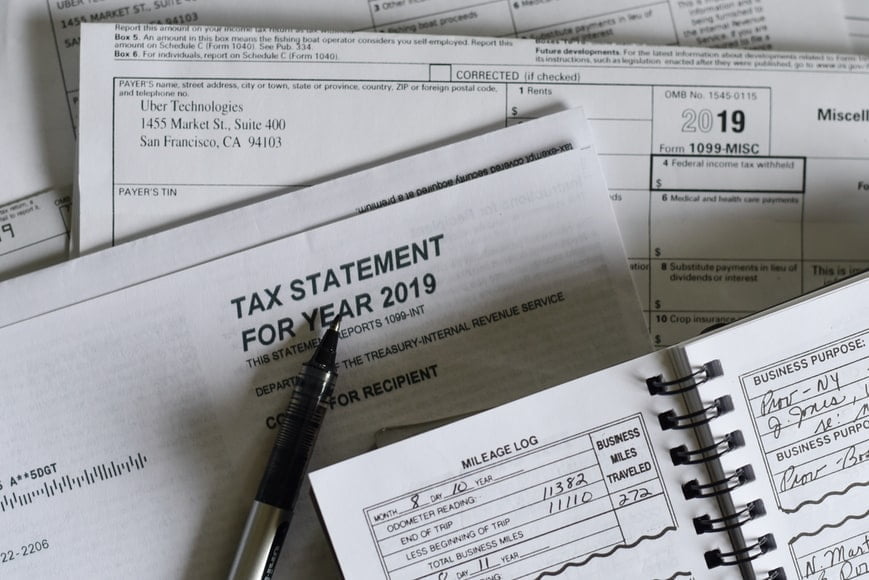What You Must Know About Crowdfunding Taxes
by Sumona Finance Published on: 03 November 2021 Last Updated on: 10 November 2021

Crowdfunding campaigns are great for raising capital for your initiatives. We’re talking here about millions of dollars coming to your bank accounts. All this money cannot pass under the government’s systems without notice, leading to taxation.
So, the answer to the question “Do I have to pay taxes when I run a crowdfunding campaign?” is a “Yes”. Before getting too excited for those millions raised, you must sit down and see what taxes you have to pay. This prepares you to plan your expenses accordingly, after calculating the remaining profits precisely.
Types of Crowdfunding and Their Taxing Policies
We have three types of crowdfunding models and each of them has different taxing policies. Fortunately, only one of them is subjected to taxing policies, and another only to capital gains tax. Platforms such as Kickstarter and Indiegogo use the latter system of fundraising.
Equity crowdfunding which is the most common fundraising method isn’t subjected to paying crowdfunding taxes. However, the business has to pay capital gains tax for sales over their profits. Wefunder campaigns could be subjected to this rule.
Donation Crowdfunding doesn’t involve any exchange. Donators give money to causes they believe in. IRS states that only when donors receive products or services in exchange for their donation, the money is taxable.
Rewards-Based Crowdfunding is when donors or backers are promised a product or service in exchange for their contribution. As mentioned, this crowdfunding method is subject to taxes. At the point of reaching $20K+ or over 200 donations, you must file a Form 1099-K file provided by the crowdfunding platform. A copy of the file goes to the IRS.
When this threshold isn’t met, you won’t receive a copy of Form 1099-K and you ought to calculate the federal taxes by yourself. Therefore, keep the payments recorded for references during this time.
Crowdfunding Platforms and Their Taxing Policies

Kickstarter states that any amount raised by US-located crowdfunding sponsors is calculated as income. As such, the amount is taxable by the government since the platform offers a rewards-based crowdfunding service.
Indiegogo states that you’re subjected to paying taxes if your campaign raises over $20,000 or exceeds 200 backers.
Filing Your Campaign Taxes
After a crowdfunding campaign, you will be subjected to income and/or sales tax. Each country has different rules on tax remittances. It could either require you to pay them periodically during the year or at the end of it. Your state revenue office website should have more detailed information on the tax filing deadlines, and payment requirements.
Businesses based in the US should file their taxes before April 15th. Even if the year has passed you can still file taxes until this date. Meaning that, if you organized a crowdfunding campaign in 2021, you’re allowed to file taxes until April 15th of 2022.
Related Reads: 5 Sales Tax Mistakes To Avoid In 2021
Pay Fewer Taxes After Deductions

Since crowdfunding marketing campaigns are regarded as business, you’re taxed for the remaining amount after paying operating expenses. For this, you need to provide the IRS with your receipts covering these payments. Two other deductions that follow are these.
Product Research and Development: All the costs of developing your product and conducting more in-depth research are deductible from your budget. This includes producing prototypes, filing patents, and manufacturing the final products.
Fundamental Start-up Operations: Expenses needed to get your business ready for the marketplace are known as start-up expenses. These involve employee training, research, and advertising costs for the launch, and other costs. Expenses summing up to $5,000 until the first day of your campaign, are justifiable under this categorization.
Conclusion
Although your crowdfunding campaign is subjected to taxation when it’s a rewards-based campaign, you still get to profit from deductions. It’s important that you don’t lose your paperwork for every purchase made within the business to profit from these deductions.
Also, the same principle is applicable if you are using Indiegogo and don’t pass the $20,000 fundraising limit together with the number of 200 donations. You have to go through the saved receipts yourself and calculate the taxes. Otherwise, in case you reach the objective you’ll receive a copy of Form 1099-K that you can fill out.
Read Also:







































































































